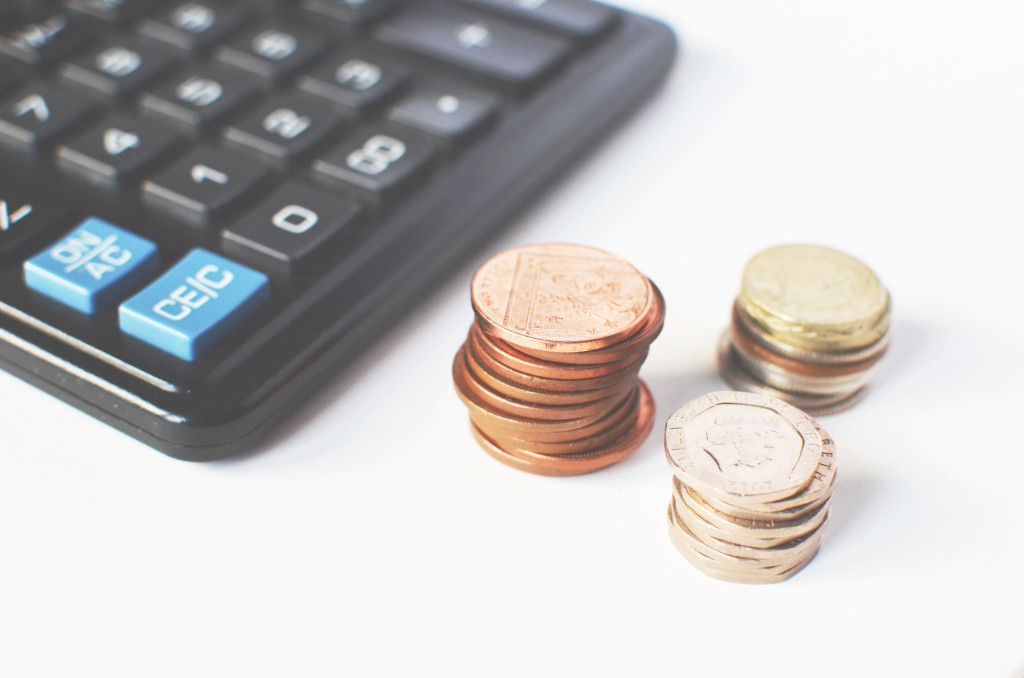Many people who file for bankruptcy are worried that they will lose everything that they own as a result of their filing. However, debts are dischargeable during bankruptcy. Debts that are dischargeable in bankruptcy are, except for a really limited list that Congress went through the trouble to write out, are generally all of them. Meaning credit cards, mortgage, car notes, they are all dischargeable. Of course, there are things that aren’t dischargeable, and when I say aren’t dischargeable I mean generally. The term generally means that there are exceptions to every rule. Student loans; payroll taxes, meaning unemployment taxes you should have paid for an employee, things like that; government fines from SEC or criminal penalty, generally not. There are exceptions. When I say your mortgage can be discharged or a car note, you have to remember that bankruptcy is a tool, so what are you using it for?
If you are using it to hold onto the house, then you need to keep paying the mortgage. If you want to just give the house back, you can walk away from that mortgage. Same thing with a car. If you want to hold onto the car, you have to find a way to pay for the car. We may not have to pay 100% what’s due, but we need to pay something. You could just give the car back and get another one. Bankruptcy is a tool that lets you discharge or eliminate debts, but by eliminating the debt you have to evaluate where that’s going to put you at the end of the day. There’s a plus and a minus to every decision, and what you need to work out with your lawyer is what the pluses are what the minuses are and make your choices.
If you are in need of experienced legal counsel in New Jersey, please contact Tomes Law Firm, PC and we will be happy to assist you.

